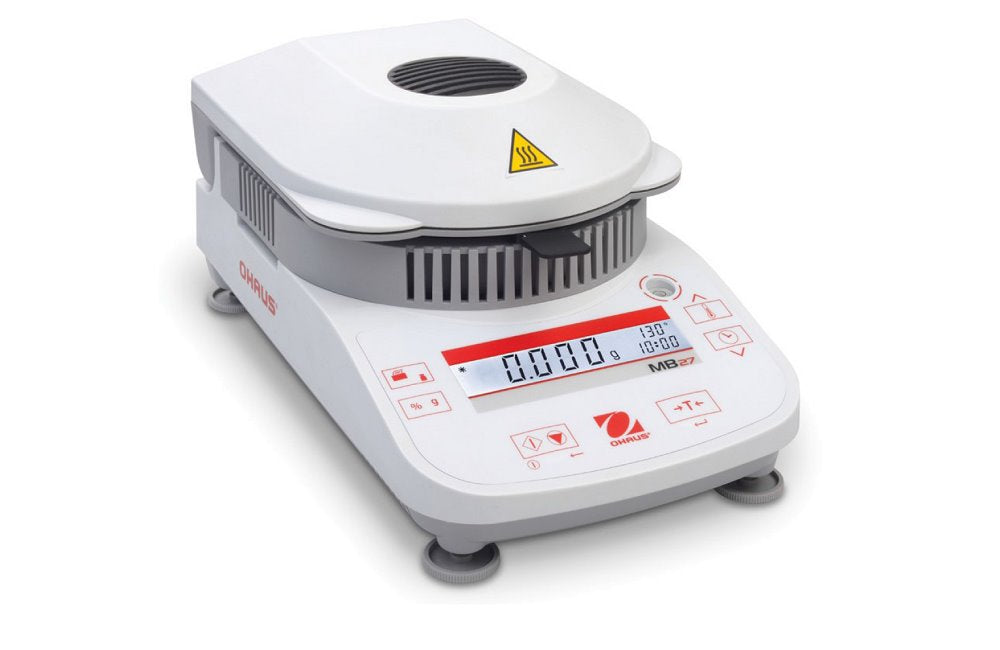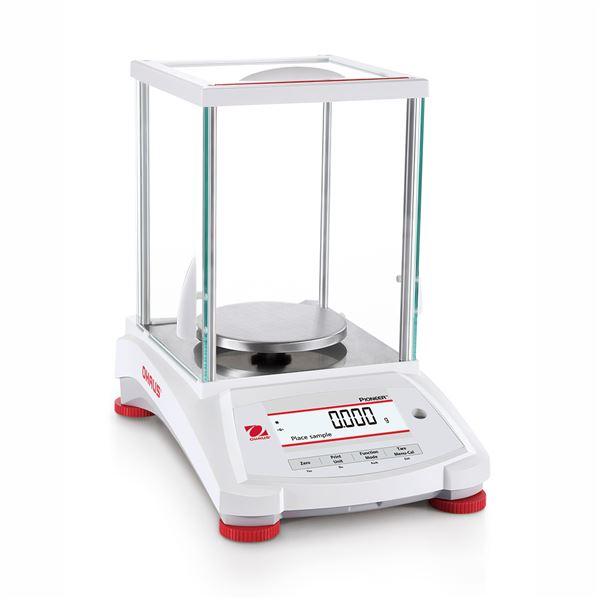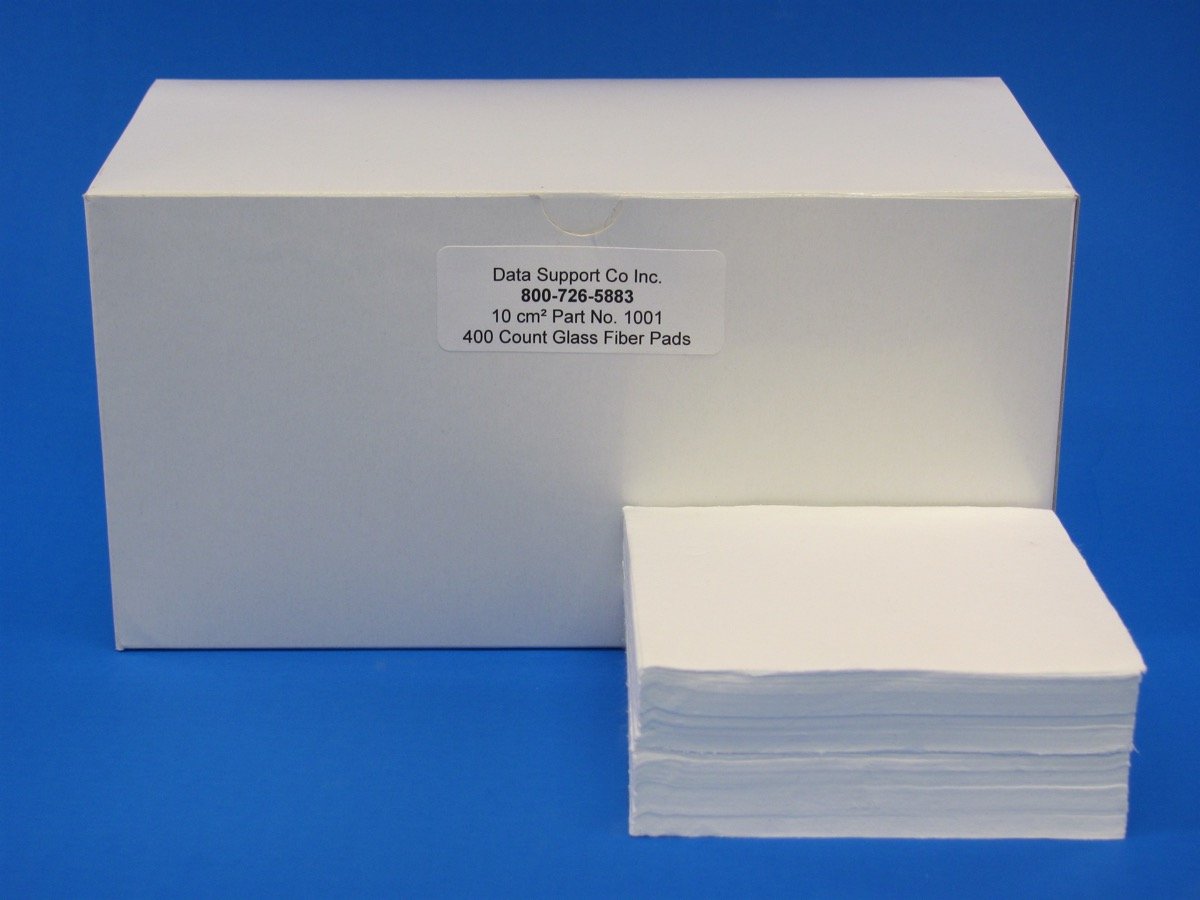If you’re in a business that requires precise and reliable weight measurements, choosing the right commercial bench scale is crucial. These scales are essential tools in many industries like manufacturing, shipping, and retail. This article will guide you through what commercial bench scales are, their key features, types, and how to choose the best one for your needs.
Key Takeaways
-
Commercial Bench scales are essential for accurate measurements across various industries, including manufacturing, logistics, and food processing.
-
Selecting the right bench scale involves considering capacity, material durability, ease of use, and maintenance requirements.
-
Top brands like Mettler Toledo and Ohaus offer reliable bench scales with features such as data connectivity and programmable settings to enhance operational efficiency.
Understanding Commercial Bench Scales
Commercial bench scales are specialized instruments designed to provide precise measurements in both analytical and industrial contexts. Ensuring precise measurements is key to maintaining quality standards and optimizing operations. These scales are essential devices used across various industries for accurate weight measurement.
From inventory management to shipping and manufacturing, bench scales play a crucial role in ensuring efficiency and accuracy in operations.
Definition and Purpose
Commercial bench scales are compact weighing devices designed for accuracy in various business operations. Common types include digital, stainless steel, and counting scales, each tailored for specific tasks.
Designed for precise measurements, these scales are ideal for industrial settings like manufacturing and distribution.
Key Features
Key features of bench scales enhance their utility:
-
Stainless steel models resist corrosion and are easy to clean, making them perfect for hygienic environments.
-
They are durable and versatile, fitting into various applications.
-
Their robust construction allows them to withstand harsh environments.
Smooth, non-porous surfaces facilitate easier cleaning, promoting hygiene in food processing and medical applications.
Applications Across Industries
The applications of bench scales are vast and varied across industries. In manufacturing, they are essential for verifying that products meet weight specifications before being shipped. In logistics, they play a vital role in accurately weighing shipments, aiding in inventory management and reducing billing errors. This application of bench scales enhances efficiency and accuracy in various processes.
Various categories of commercial bench scales address specific applications and industry needs, ensuring suitable options for each sector.

Types of Commercial Bench Scales
Commercial bench scales are compact weighing devices designed for accuracy and durability, making them essential in various commercial settings. They come in several types, including industrial bench scales, each suited to specific tasks and environments.
Knowing these types assists in selecting the appropriate scale for your requirements.
Digital Bench Scales
Digital bench scales provide precise measurements and quick readings, enhancing efficiency in industrial applications. Advanced functionalities like tare and hold functions make them versatile tools in parcel shipping, quality control, and chemical handling.
Brands like Ohaus Corporation are recognized for their precision and innovation in weighing technologies.
Stainless Steel Bench Scales
Stainless steel is preferred for its durability and corrosion resistance, ideal for environments needing extensive cleaning and wet conditions. Non-porous surfaces maintain hygiene by preventing bacterial growth.
Brands like Mettler Toledo offer models with a stainless steel pan, ensuring long-lasting performance even in challenging environments.
Counting Scales
Counting scales can simultaneously weigh and count items, making them ideal for various applications such as inventory management and quality control. These scales utilize a sample weight to determine the total count, requiring items to be of uniform weight for accurate results. They are commonly used in warehouses and manufacturing environments to streamline processes like parts counting and order fulfillment.
Numeric keypads for sample weight input and memory for multiple weights enhance usability.

Key Factors to Consider When Choosing a Bench Scale
Several factors must be considered to choose the right bench scale, including capacity, material, ease of use, and maintenance, all crucial for performance and longevity.
Capacity and Range
A bench scale’s capacity, which should exceed the heaviest item to be weighed in lb, determines the maximum weight it can accurately measure. Platform size must accommodate the largest item to ensure precise measurements without overhang affecting accuracy.
Adaptable to various environments, bench scales are used in laboratories, food production, and retail for diverse weighing tasks that fit.
Material and Durability
Stainless steel constructions enhance durability, making many bench scales suitable for diverse environments. Plastic bench scales are generally less expensive and better for lighter use but can be easily damaged by chemicals or intensive cleaning.
Material choice is critical for determining the durability and functionality of rugged bench scales in different environments.
Ease of Use and Maintenance
Regular cleaning ensures accurate readings and prolongs the equipment’s lifespan. Models designed for easy maintenance can save time and extend the equipment’s life.
Considering ease of maintenance and cleaning helps users choose a suitable bench scale.
Top Brands in Commercial Bench Scales
Reliable bench scales are crucial for accurate measurement and effective business operations across industries. While Mettler Toledo is a leading choice, there are other reputable brands worth considering depending on specific needs.
Mettler Toledo
Mettler Toledo is recognized as a leading brand in commercial bench scales, known for their quality and precision. Models like the MS Series and BBA Series are favored for their user-friendly interfaces.
Other Notable Brands
Brands like Ohaus are recognized for durable and cost-effective weighing solutions. A&D Weighing offers a variety of bench scales that are celebrated for their reliability and user-friendly interfaces.
Exploring reputable brands beyond the top names offers a wide variety of valuable options.
Enhancing Efficiency with Bench Scales
Bench Scales enhance efficiency across various operations, beyond just weighing. Features like data connectivity and versatile applications streamline processes and reduce errors.
Data Connectivity and Integration
Modern bench scales often include USB and wireless capabilities for seamless computer and printer connections, facilitating efficient data management. Digital bench scales often feature programmable settings, data storage, and connectivity options, enhancing usability.
Connectivity is essential in modern bench scales to ensure efficient data management and connect integration with existing systems.

Reducing Errors
Accurate weighing ensures proper product specifications and safety in industries. Commercial bench scales play a crucial role in maintaining accuracy across various applications. Precise measurements impact product quality, customer satisfaction, and regulatory compliance.
Inaccurate weighing causes excess material usage, increasing costs and waste, leading to an error.
Versatile Applications
Versatile applications make commercial bench scales essential tools across industries. Features like data connectivity and integration enhance their versatility. Counting scales are particularly beneficial for inventory management, allowing businesses to efficiently track stock levels.
Their multifunctional capacities highlight the importance of the ability of bench scales in various business contexts.
Maintenance and Calibration of Bench Scales
Proper maintenance ensures optimal performance and accuracy of bench scales. Regular cleaning and calibration keep these devices in peak condition.
Regular Cleaning and Upkeep
To clean bench scales and prevent damage to sensitive components:
-
Use non-corrosive solutions.
-
Avoid harsh chemicals and abrasive materials to maintain the scale’s surface integrity.
-
Clean daily to prevent dirt buildup that could interfere with measurements.
Cleaning with a damp cloth prevents dust accumulation, which can interfere with sensors.
Calibration Procedures
Established calibration protocols help identify performance deviations before they impact operations. Use certified weights for calibration to measure accuracy, ideally near the scale’s maximum capacity. Preventing overload and impact loading is crucial to avoid permanent damage.
Contacting Experts for Bench Scale Solutions
Industry experts provide personalized solutions for specific weighing needs. Experts offer insights on the most suitable bench scales based on operational requirements.
Requesting Quotes
Request a quote helps potential buyers understand market pricing and available info options. Buyers should contact suppliers or manufacturers directly, providing details about their specific needs and scale required.
Experts can offer tailored solutions and valuable insights on the best bench scale models for specific applications.
Consulting with Experts
Consulting with industry experts can provide valuable insights into the specific needs and requirements for bench scales. Experts can offer tailored solutions based on the unique challenges faced by a business. Engaging experts may involve requesting quotes tailored to individual specifications.

Summary
In conclusion, commercial bench scales are indispensable tools in various industries, ensuring precision and efficiency in weighing tasks. From understanding their types and key features to choosing the right model and maintaining it, this guide provides a comprehensive overview to help you make informed decisions. Consulting with experts and choosing reputable brands can further enhance your operational efficiency and accuracy.
Frequently Asked Questions
What are commercial bench scales used for?
Commercial bench scales are essential for accurate weight measurement in industries such as manufacturing and logistics, ensuring products meet specifications and facilitating effective inventory management.
What types of bench scales are available?
Digital bench scales, stainless steel bench scales, and counting scales are the main types available, each tailored for distinct weighing tasks and environments. It's important to choose the right type based on your specific needs.
How do I choose the right bench scale for my needs?
To choose the right bench scale, focus on capacity, material durability, and ease of use. Consulting industry experts can further ensure that you select a model tailored to your specific needs.
Why is data connectivity important in bench scales?
Data connectivity is crucial in bench scales as it facilitates efficient data management and integration with existing systems, ensuring seamless data transfer to computers and printers for improved usability.
How often should bench scales be calibrated?
Bench scales should be calibrated regularly, ideally at least once a year, but more frequent calibration may be necessary depending on usage and environmental conditions to ensure consistent accuracy.





